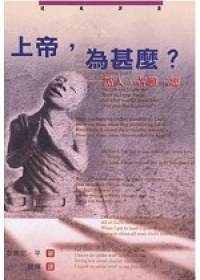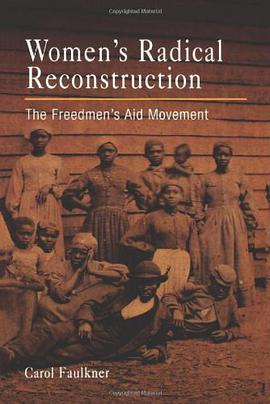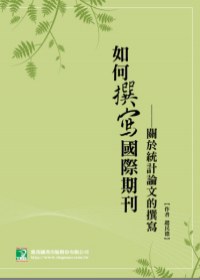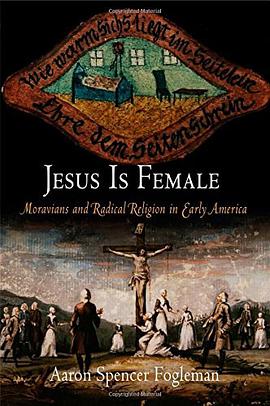

具体描述
In this sweeping analysis of colonialism and its legacies, John Wood Sweet explores how the ongoing interaction of conquered Indians, English settlers, and enslaved Africans in New England produced a closely interwoven, though radically divided, society. The coming together of these diverse peoples profoundly shaped the character of colonial New England, the meanings of the Revolution in the North, and the making of American democracy writ large. Critically engaged with current debates about the dynamics of culture, racial identity, and postcolonial politics, this innovative and intellectually capacious work is grounded in a remarkable array of evidence. What emerges from this analysis of colonial and early national censuses, newspapers, diaries, letters, court records, printed works, and visual images are the dramatic confrontations and subtle negotiations by which Indians, Africans, and Anglo-Americans defined their respective places in early New England. Citizenship, as Sweet reveals, was defined in meeting houses as well as in courthouses, in bedrooms as well as on battlefields, in land disputes as well as on streets. Bodies Politic reveals how the legacy of colonialism shaped the emergence of the nineteenth-century North and continues, even to this day, to shape all our lives.
作者简介
目录信息
读后感
评分
评分
评分
评分
用户评价
相关图书
本站所有内容均为互联网搜索引擎提供的公开搜索信息,本站不存储任何数据与内容,任何内容与数据均与本站无关,如有需要请联系相关搜索引擎包括但不限于百度,google,bing,sogou 等
© 2026 book.wenda123.org All Rights Reserved. 图书目录大全 版权所有




















